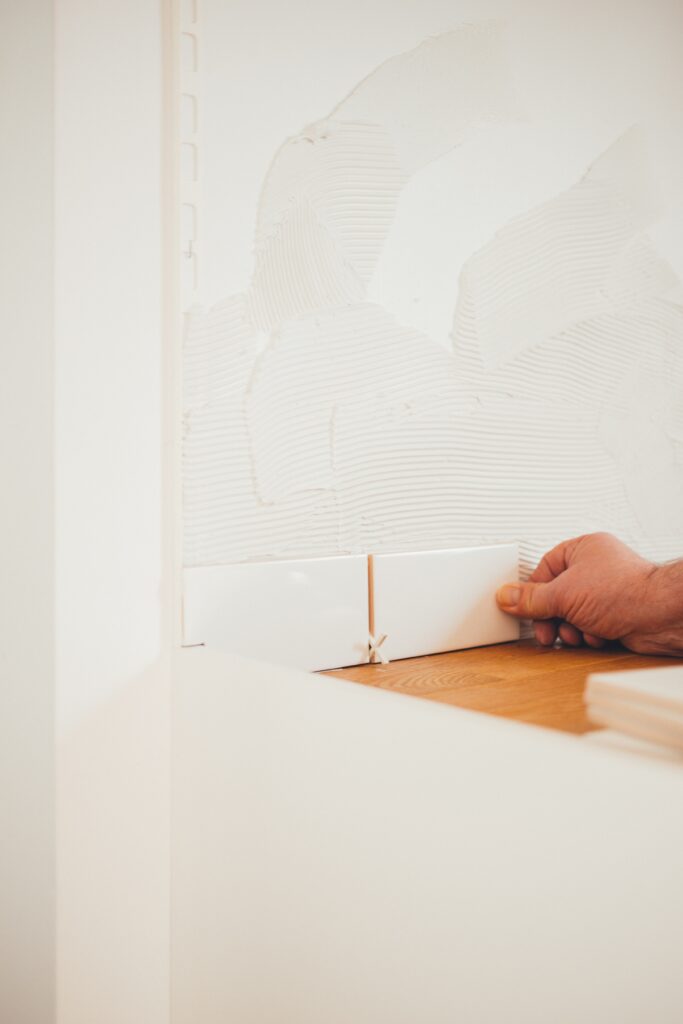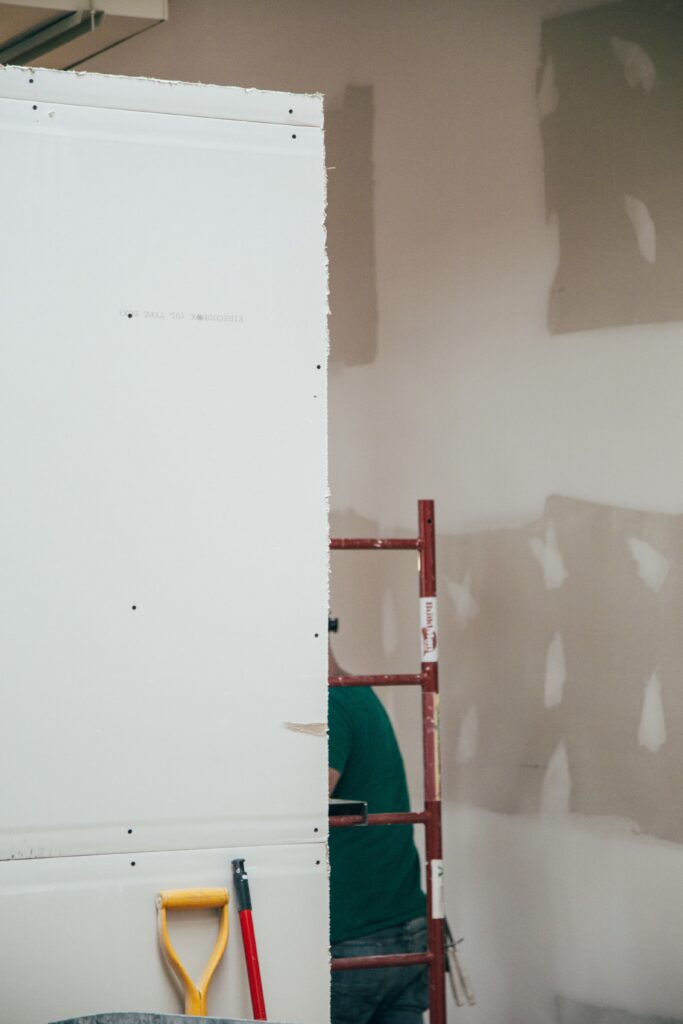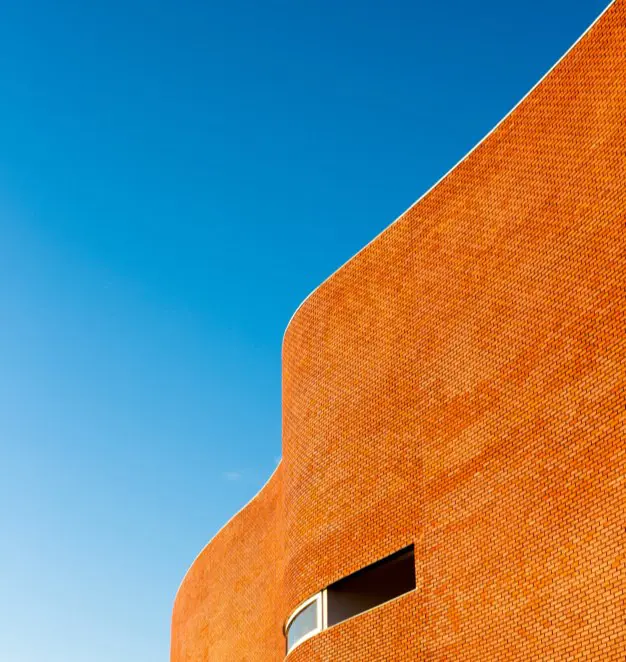Renovation Culture
Renovation Culture

In the ever-evolving landscape of Nigeria’s construction and housing sector, a fascinating phenomenon is taking root—one that draws inspiration from tradition while embracing modernity. This phenomenon is the resurgence of renovation culture, a movement that cherishes the restoration and revitalization of existing structures. In this article, we embark on a journey through Nigeria’s rich renovation culture, exploring its significance, its revival, and its role in shaping the nation’s architectural identity.
Renovation culture is more than just a process of refurbishing buildings; it's a celebration of history, heritage, and the enduring spirit of Nigerian architecture. It encompasses the meticulous restoration of ageing structures, infusing them with new life and purpose.
Nigeria is a nation blessed with a diverse architectural heritage. From colonial-era buildings that whisper tales of a bygone era to culturally significant structures that embody tradition, the nation’s architectural canvas is rich and varied. Renovation culture seeks to honor and preserve these treasures, recognizing them as valuable assets that contribute to Nigeria’s cultural identity.
One of the most remarkable facets of renovation culture is its impact on community spaces. Abandoned or neglected buildings are transformed into vibrant hubs of activity, breathing new life into neighborhoods. These spaces become centers for art, culture, commerce, and social interaction, fostering a sense of community and vitality. Renovation culture aligns seamlessly with sustainability goals. Instead of demolishing and rebuilding, it advocates for the preservation of existing structures, reducing construction waste and conserving resources. Additionally, the integration of energy-efficient technologies and eco-conscious design principles makes renovated buildings more environmentally friendly.
Despite its many virtues, renovation culture in Nigeria faces challenges. These include issues related to heritage preservation, building regulations, and the need for skilled artisans who can execute restoration work with precision. However, these challenges present opportunities for growth and development within the sector.

In conclusion, Nigeria’s renovation culture is a beautiful synthesis of tradition and innovation, celebrating the nation’s architectural past while shaping its architectural future. It is a testament to the resilience of heritage and the power of community-driven initiatives. As the nation continues to evolve, renovation culture stands as a symbol of reverence for the past and a beacon of hope for the future, preserving the essence of Nigeria’s architectural identity.



